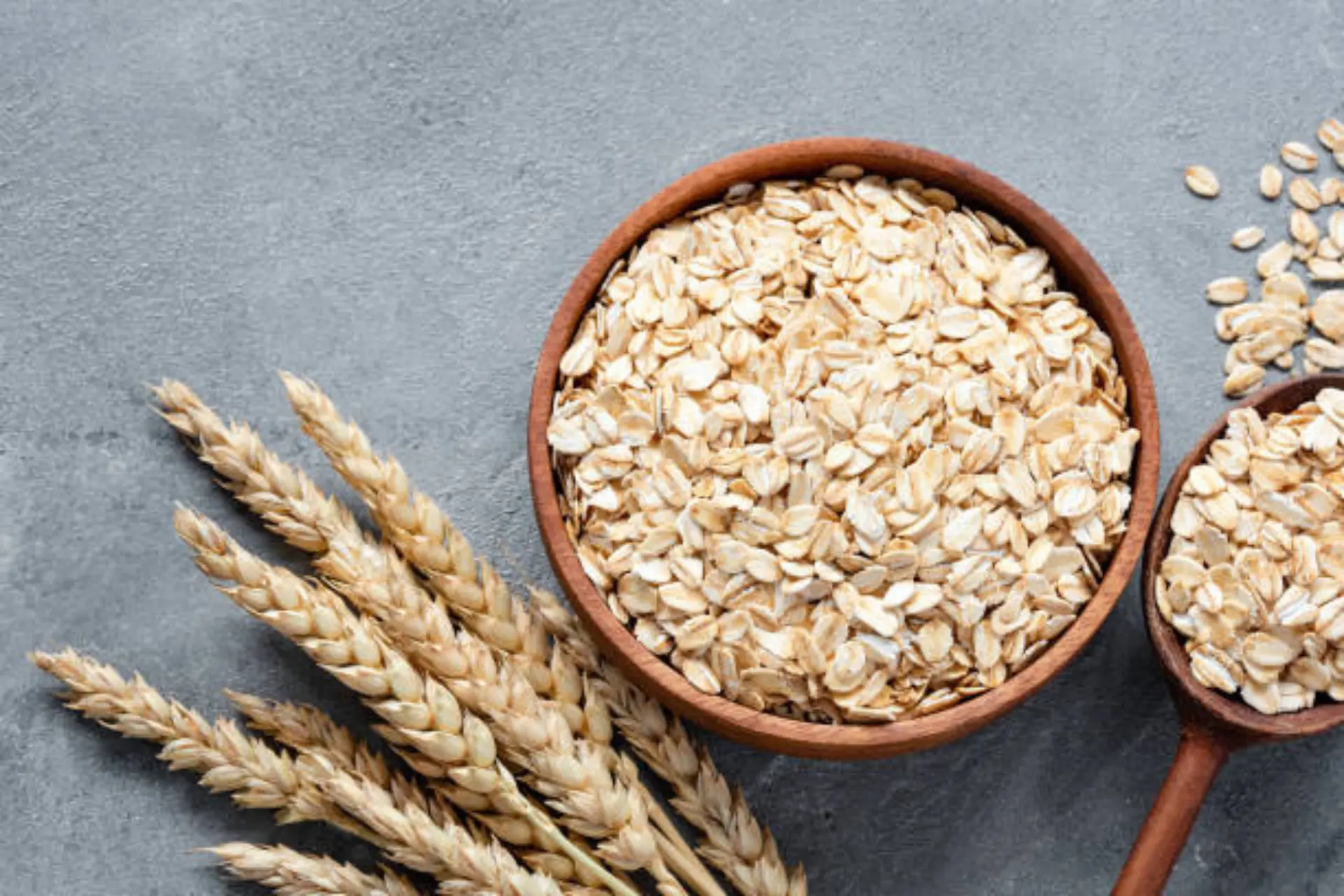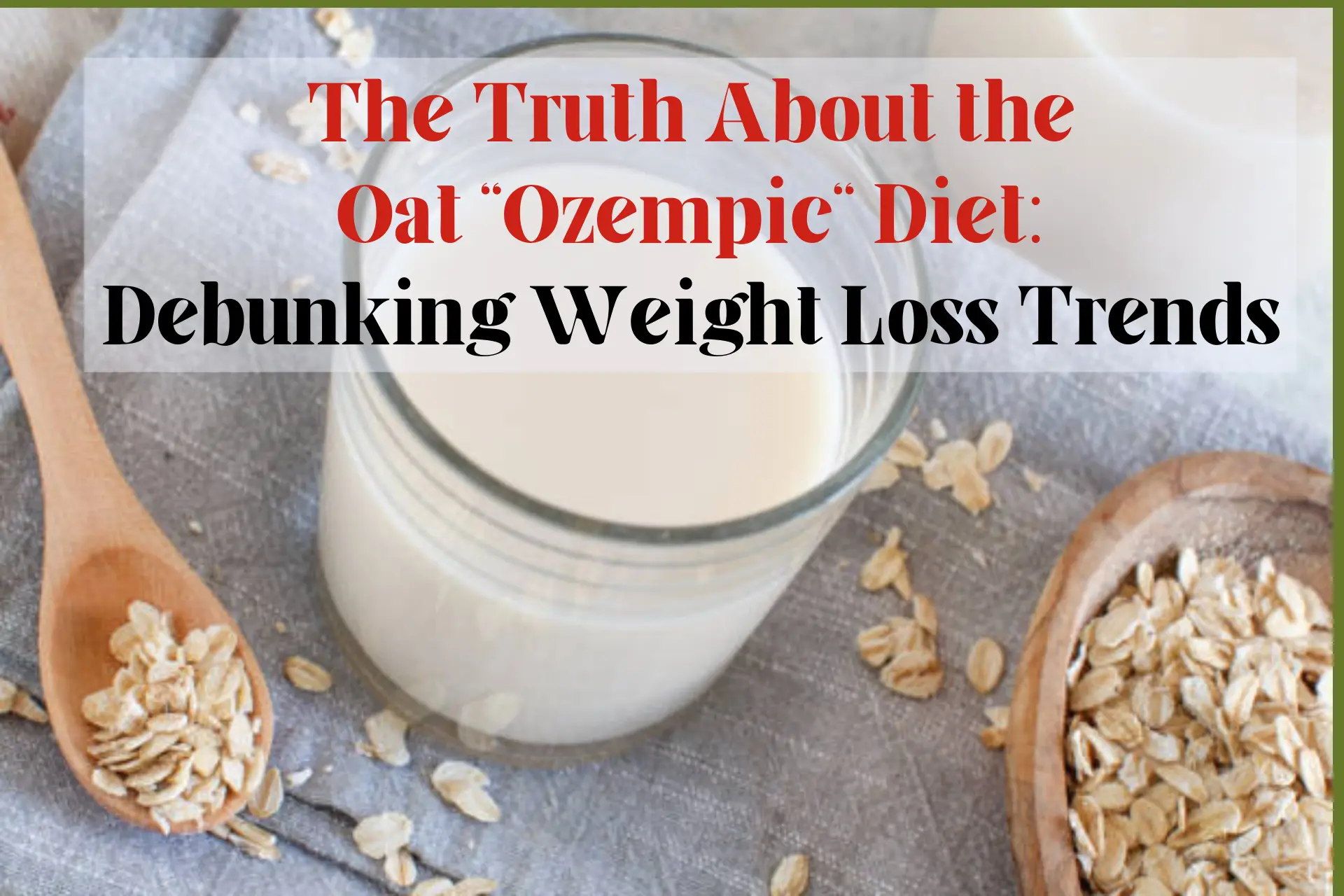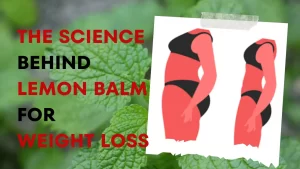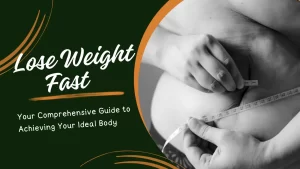Oatmeal Ozempic Diet For Weight Loss
Table of Contents
Oatmeal Ozempic Diet For Weight Loss
In the age of social media, trendy diets and weight loss hacks flood our feeds daily. One such trend making waves is the Oat “Ozempic” diet, a concoction inspired by the popular diabetes drug Ozempic. This drink, made from oats, water, and lime juice, promises rapid weight loss. But does it really work, and is it safe? Let’s delve into the facts and debunk the myths surrounding this trend.
What is the oat Ozempic diet?
The term Oat “Ozempic” cleverly combines oats, a key ingredient, with Ozempic, a prescription drug known for its weight loss effects. However, it’s crucial to note that ozempic isn’t a prescription medication but rather a homemade drink.
Promises and Claims:
Some TikTok users boast astonishing weight loss results, claiming to shed up to 40 pounds in just two months by consuming ozempic diet regularly. However, experts caution against believing such rapid weight loss claims, labeling them as unsubstantiated and potentially harmful.
Expert Insights:
Lisa Valente, a registered dietitian, dismisses the ozempic diet trend as clever marketing without scientific merit. Maggie Evans, another dietitian, warns against extreme measures like ozempic, emphasizing the importance of safe and sustainable weight loss methods.
Also Read – Sumatra Slim Belly Tonic Reviews
Risks of Rapid Weight Loss:
Fast weight loss, often achieved through drastic calorie restriction, can lead to a host of health issues. These include loss of lean muscle tissue, hair loss, disruptions in body temperature regulation, irritability, constipation, dehydration, dizziness, and menstrual irregularities. Dr. Avantika Waring, an endocrinologist, highlights the dangers of yo-yo dieting cycles associated with rapid weight loss.
Oats: A Healthy Component:

While oats are indeed a nutritious whole grain, they alone cannot guarantee weight loss. While they are rich in fiber and promote satiety, they are not a magical solution for shedding pounds. Ozempic drinks, lacking essential nutrients like protein, healthy fats, vitamins, and minerals, fail to provide a balanced diet.
Safer Alternatives:
Experts emphasize the importance of adopting healthier and sustainable weight loss strategies. These include making gradual dietary changes rather than resorting to extreme measures like ozempic diet. Small, manageable modifications to one’s eating habits can lead to long-term success without sacrificing essential nutrients or food groups.
Social Media Misinformation:
The rise of social media has seen a surge in misleading weight loss information. From unproven supplements touted as “nature’s Ozempic” to exaggerated side effects like “Ozempic face” and “Ozempic butt,” misinformation abounds.
Nutrition, a complex subject, cannot be adequately addressed in short social media clips. Seeking guidance from healthcare professionals is advised over relying on social media for dietary advice.
In Short About Oad Ozempic Diet Trend on Social Media
A new trend called “oatzempic” is gaining popularity on social media. It’s a drink made with oats, water, and lime juice, inspired by the diabetes drug Ozempic. Some claim it can help you lose up to 40 pounds in just 2 months, but experts warn against it.
Lisa Valente, a dietitian, says it’s just clever marketing with no real benefit. Maggie Evans, another dietitian, calls it an extreme measure. These quick weight loss methods might work temporarily, but they’re not healthy or sustainable.
Rapid weight loss can cause problems like losing muscle, hair loss, and messing with your body’s temperature control. It can also lead to constipation, dehydration, and other issues.
While oats are healthy, they’re not a magic solution for weight loss. The oatzempic drink lacks important nutrients like protein and healthy fats.
Experts warn against believing weight loss “hacks” on social media. They say it’s best to consult a healthcare professional for advice on diet and weight loss.
Conclusion about Oat Ozempic diet
In conclusion, the ozempic diet trend may offer enticing promises of rapid weight loss, but it lacks scientific backing and poses potential health risks. Sustainable weight loss requires a balanced approach, focusing on gradual changes and nutritional adequacy.
Beware of misinformation on social media and consult healthcare professionals for personalized dietary guidance. Remember, there’s no shortcut to lasting health and wellness.




